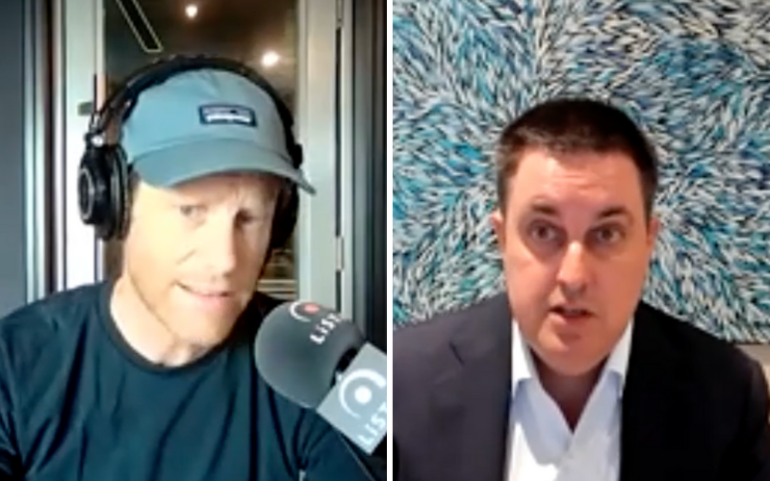Stagflation will be one of the big news stories of the year and we’ll hear about it in the news day after day. So, what is it?
A term not commonly heard since the 1970s, stagflation describes an economy experiencing rising inflation and rising unemployment whilst dealing with no economic growth and supply shocks.
The term was coined in the late 1970s when the advanced economies, Australia, the US and the UK and others experienced skyrocketing unemployment that gave way to a worldwide recession.
Drastic times called for drastic measures. Paul Volcker, who was appointed chairman of the Federal Reserve in the US in 1979 was determined to kill inflation, realising the only way to do it was by raising interest rates high enough to bring inflation down.
“He came out and said, ‘I don’t care how big a recession it causes in the short term, we gotta suck up the short-term pain to make things right in the long term. And he did that and he rose, he, he, he increased interest rates to 20% in the United States.'”
Richard Holden, Professor of Economics at UNSW
The US was thrown into a steep recession that bled into the UK and Australia, but despite this, the inflation rate went from 12-13% to 2-3% in a short period of time and remained at a manageable level for a long time after.
This year, stagflation is tipped to return. So, should something drastic like what Volcker did happen now and if it does, will we be heading for a recession too?
Click the link below to listen to today’s episode!
